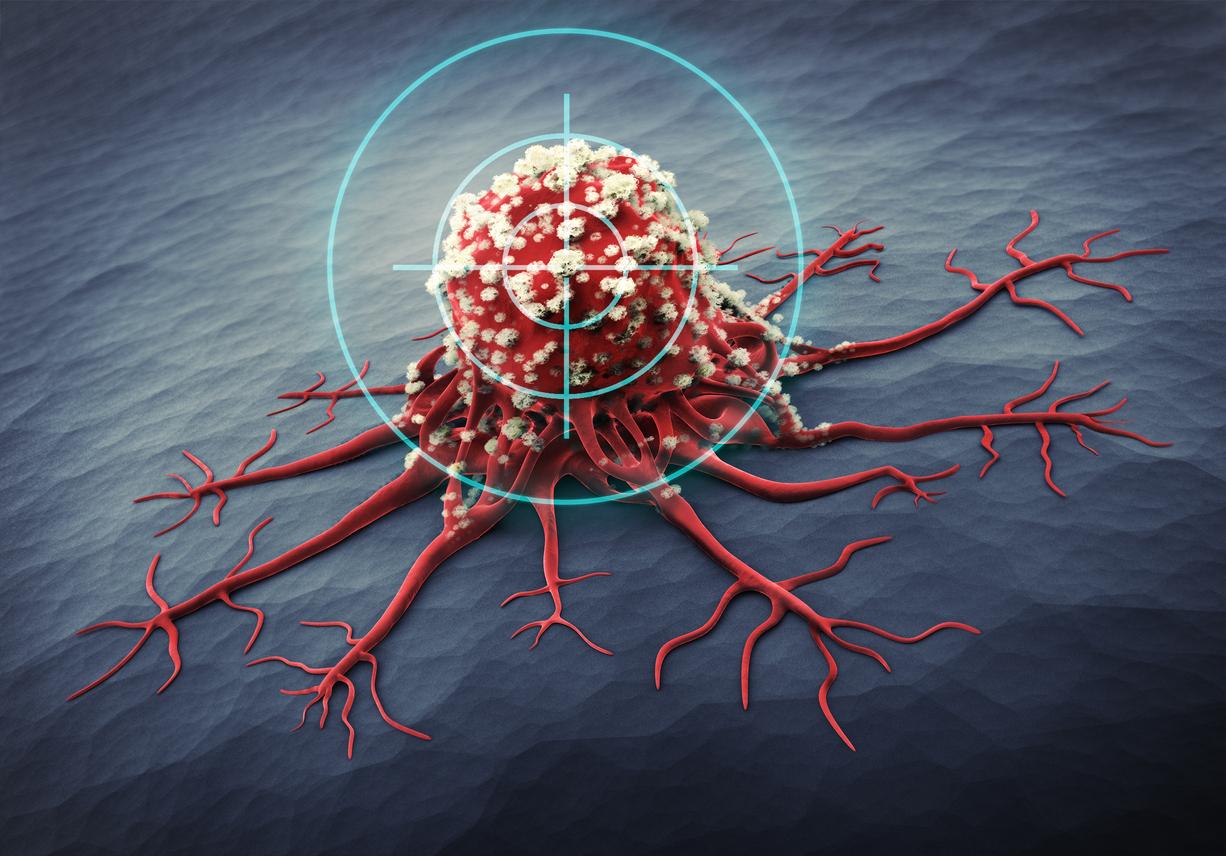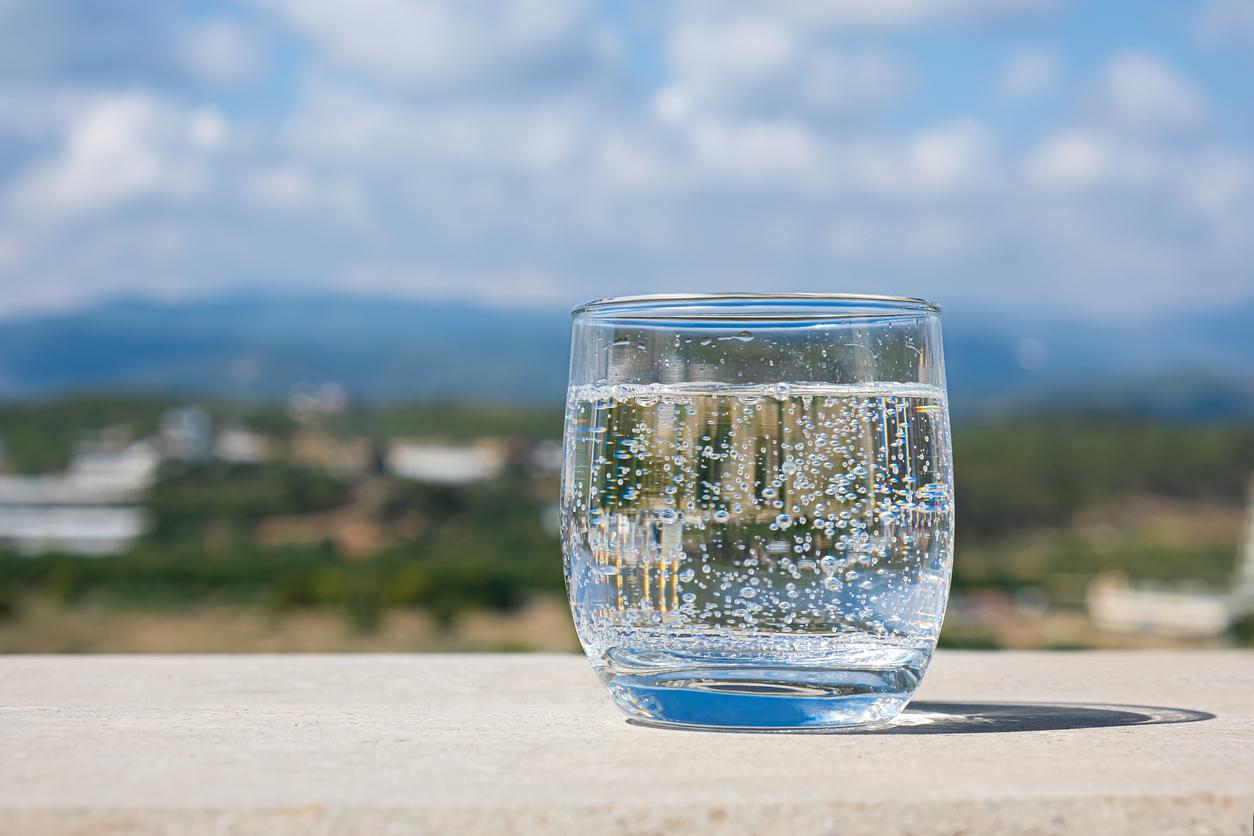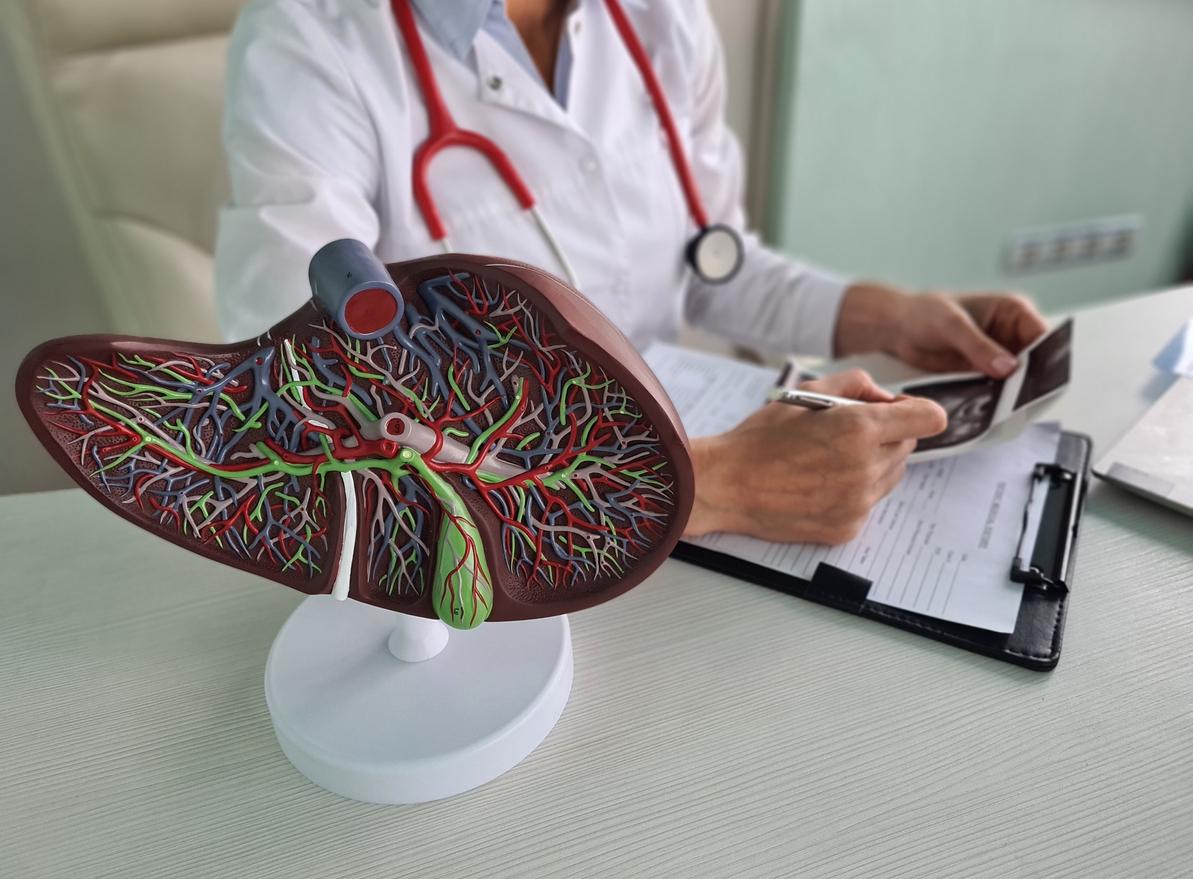
Support your immune system
Being healthy and staying healthy is more important than ever these days. Sufficient vitamins and minerals can help you maintain your resistance. With good resistance, your body can offer extra protection against external influences. These ten vitamins and minerals have a positive influence on your immune system.
Do you eat healthy and varied and do you get at least 250 grams of vegetables and 2 pieces of fruit daily? Congratulations, you are one of the few. Research shows that about 80 percent of the Dutch think that they eat enough vegetables, but that only half of them actually achieve the recommended daily amount of 250 grams.
We find it difficult to eat enough vegetables
The fact that people think they are getting enough, but do not reach the required amount, is partly because people often count the purchased weight. If you do that with vegetables that you eat raw, such as carrots or cucumber, then that is correct. But when it comes to the spinach or leek in your shopping cart, you already lose quite a few grams during the preparation. After all, you throw away parts when cleaning and some vegetables also shrink considerably when you cook or stir-fry them. Of that spinach, for example, you actually need 450-500 grams raw to have 250 grams. Of course it makes a difference if you also eat vegetables with your other meals (for breakfast, for example, or soup for lunch) and snack on carrots, tomatoes or cucumbers in between.
A little extra
If you know yourself that you cannot get those 250 grams of vegetables and 2 pieces of fruit, a dietary supplement can be an option to still get enough vitamins and minerals. Healthy food is always the basis, but sometimes it can be necessary or useful to take something extra. For example, the Health Council advises some people to always take extra vitamins, even if they eat healthy. This is because they do not get enough vitamins from the diet or do not make enough themselves. Think of babies and small children who need extra vitamins D and K. Or dark and elderly people who need to take extra vitamin D. The Health Council also advises women who want to become pregnant, people who do not or insufficiently go outside and vegans to use supplements. A supplement can also help in periods when you eat less healthily, when you exercise a lot, you have a reduced resistance or when you lose weight.
The six resistance vitamins
Whether you get them from a jar or get enough through your diet, there are six vitamins that play a role in the resistance and protect your body against external influences.
Vitamin A
Vitamin A, also called retinol, is a fat-soluble vitamin that is often found in animal products. Our body can also produce vitamin A itself, from vegetable carotenoids. This vitamin helps ensure that we have enough white blood cells. These cells are part of our immune system. Vitamin A is, for example, in liver (products), margarine and low-fat margarine.
Vitamin B6, B11 and B12
Vitamin B6, which is mainly found in potatoes, bananas and brown bread, ensures a good condition of the lymph nodes and therefore sufficient white blood cells. Folic acid (vitamin B11) and vitamin B12 influence the development and sensitivity of specific cells of the immune system.
Vitamin C
One of the best known resistance vitamins is of course vitamin C. This vitamin stimulates the formation of and prevents damage to white blood cells. This vitamin also ensures that iron from the diet is better absorbed. Vitamin C is naturally found in vegetables and fruits, such as kiwi, orange, red pepper and potatoes.
Vitamin D
Vitamin D also contributes to a good resistance. This vitamin is produced in the skin under the influence of sunlight. Oily fish (salmon, herring, mackerel) contains a lot of vitamin D. It is also added to low-fat margarine and margarine. This does not alter the fact that people with dark skin, women over 50 and men over 70 are wise to take vitamin D in any case.
The four resistance minerals
Your body needs a large portion of vitamins every day. But a shortage of minerals also leads to all kinds of inconveniences. These four minerals play an important role for your resistance.
Buyer
The mineral copper ensures the production of immune cells and can protect these cells. A copper deficiency reduces the functioning of certain white blood cells. Copper is mainly found in organ meats, sea fish, crustaceans and shellfish, nuts and grain products. Fruit, vegetables and cocoa products also contain copper.
Seleen
Selenium or selenium is the second mineral that is indispensable for a good resistance. It stimulates specific defense cells of our immune system. These cells can make intruders harmless. You can find selenium in almost all foods. The selenium content in plant products depends on the selenium content in the soil. Grains are generally richer in selenium than vegetables. Organ meats such as liver are high in selenium and so are fish and shellfish.
Iron
Iron is an important component of hemoglobin, a component of red blood cells. Red blood cells carry oxygen from the lungs to the tissues. In addition, this mineral supports the immune system and contributes to our energy supply. Iron is found in meat and meat products, potatoes, bread and vegetables. The main suppliers of iron in the Dutch diet are bread and meat (products).
Zinc
Zinc plays an important role in the production of immune cells in the thyroid gland. In the event of a deficiency, not only are fewer immune cells produced; they also respond less well. This mineral is mainly found in meat, fish, whole wheat bread, legumes and rice.















